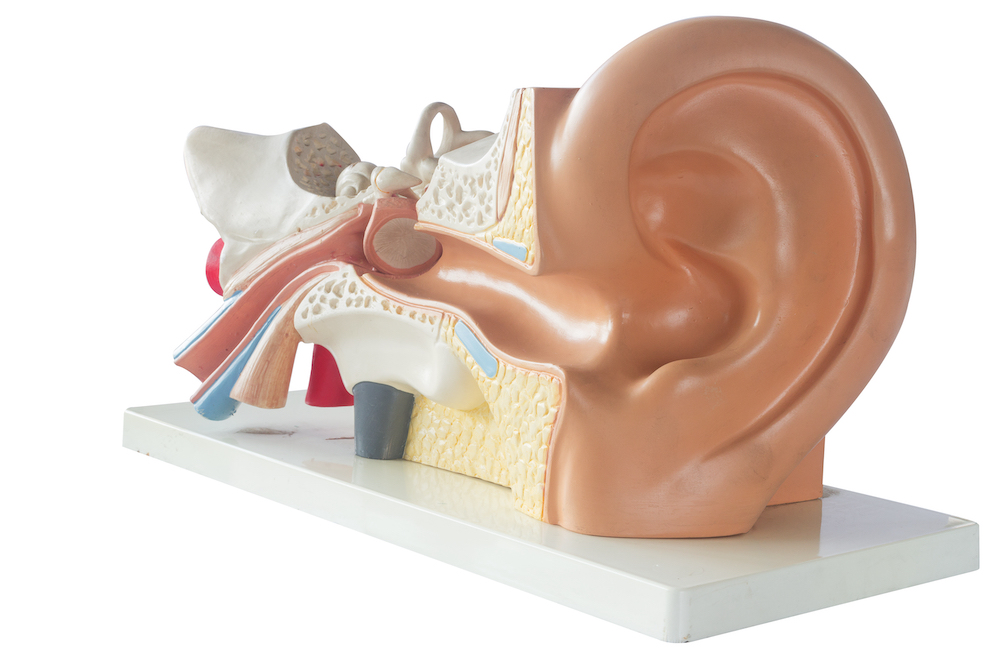What is Hyperacusis and How Can You Treat It?
Hyperacusis is a condition that makes it difficult for people with


Hyperacusis is a condition that makes it difficult for people with

Experienced by as many as one in eight people across age groups, hearing

Hearing aids are often a crucial treatment choice for individuals